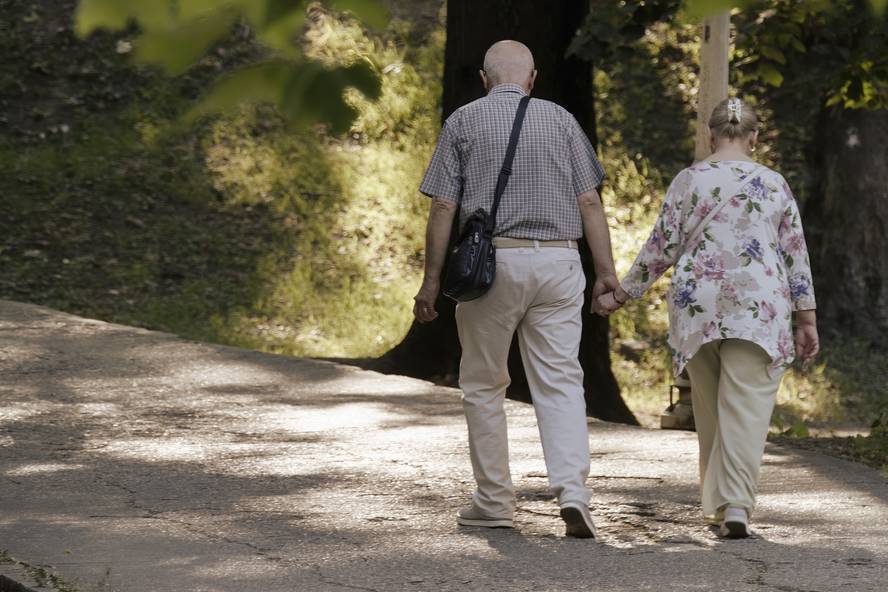Frailty, an essential aspect to provide an adequate clinical response
Aging is the result of combining the influence of time, our characteristics and a concrete lifestyle. The ageing population is accompanied by an increasing number of people who are losing function and becoming dependent. From the point of view of clinical research, some aspects of this situation concern us. I believe that in the pandemic we have become clearer than ever how to act against older people in difficult situations.
On the one hand, basic research seeks to better understand the physiology underlying frailty, seeking ways to extend life and to age healthy.
On the other hand, clinical research seeks tools to know which elderly patients are vulnerable and which are not. Frailty identifies a subgroup of high-risk individuals, as the greater the frailty, the lower the survival. I believe that current clinical practice is not able to respond to the demand, because we continue to meet chronological age. In addition, there is another reason that prevents the correct use of this concept in clinical practice: the lack of an effective intervention after the detection of frailty. We are slowly seeing that physical exercise and nutrition can prevent or treat frailty, but our health centers do not respond to these needs.
In addition, the number of older patients with cancer will increase exponentially in the coming decades. At the same time, there is a need to better understand the biological characteristics of cancer, as well as those of older people suffering from this disease. Considering that chronological age does not indicate the biological situation of a patient, it cannot be used as a variable to decide on a therapeutic alternative. That is why I believe it is essential that people who participate in cancer diagnosis and treatment receive geriatric training and before acting we ask ourselves what is the best way to help the patient in front of us. For cancer experts, the challenge is to determine the most appropriate treatment for older patients, as this population is heterogeneous in terms of comorbidity, physical reserves, disabilities and geriatric conditions.
Due to this concern, the Medical Oncology Service of the University Hospital Donostia has been researching and evaluating patients adequately before initiating systemic treatment. But more needs to be done and the health system must take measures that take account of fragility in order to respond adequately to the needs of the elderly. I believe it is essential to detect fragility before contacting the health centre and starting diagnostic tests or any therapeutic intervention. That is why I believe it is essential to have a geriatric service in our hospitals.
After these evaluations, we are aware that it is essential to have effective interventions so that our patients can better carry out the interventions and treatments they will receive. Thanks to the support of the Basque Government in 2019, together with researchers from the UPV/EHU and Biogipuzkoa, we are conducting a multicenter clinical trial called Onko-frail. It will involve 200 patients from the Basque Autonomous Community. With this study, we hope to identify a panel of biomarkers related to the frailty of elderly cancer patients and analyze the efficacy of an individual physical exercise program to maintain functional capacity.
As a Medical Oncologist and Clinical Researcher, I want to convey my hope and enthusiasm, but at the same time I want to ask for greater investment in research and intervention in elderly people with cancer.







